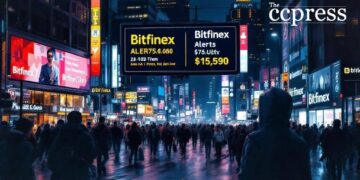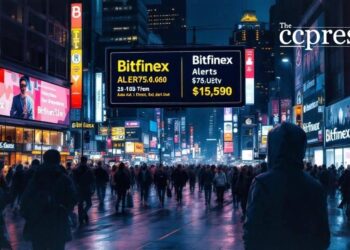- El Salvador’s Central Reserve Bank diversifies with a $50 million gold purchase.
- Significant reserve diversification from Bitcoin to gold.
- Echoes global central bank gold-buying trends since 2020.

El Salvador’s Central Reserve Bank announced on September 5, 2025, its substantial purchase of 13,999 troy ounces of gold, marking its biggest gold acquisition since 1990.
This diversification move significantly shifts El Salvador’s reserve strategy, potentially impacting global gold markets and signaling a hedge against Bitcoin volatility.
On September 5, 2025, the Central Reserve Bank of El Salvador announced the acquisition of 13,999 troy ounces of gold worth $50 million. This is the country’s first major gold purchase since 1990.
The Central Reserve Bank, led by policies from President Nayib Bukele, executed this purchase to diversify national reserves. Bukele had previously emphasized the importance of reserve diversification.
The purchase impacts the gold reserves, increasing holdings to 58,105 troy ounces valued at approximately $207 million. This move diversifies reserves away from exclusive Bitcoin exposure.
Financial implications involve adjusting reserve components, impacting Bitcoin and potentially Tether’s strategies as well. The Central Reserve Bank’s reserves now comprise gold, Bitcoin, and USD.
Analysts perceive this purchase as a stabilizing measure amid global asset strategy shifts. Conversations emphasize hedging against volatility.
Potential regulatory outcomes may include reassessing resource allocation strategies. Historically, central bank gold purchases strengthen assets slowly, mirroring trends from nations like China and India.
“El Banco Central de Reserva informa que ha adquirido 13,999 onzas troy de oro, equivalentes a US$50 millones, como parte de la estrategia de diversificación de sus Reservas Internacionales.”
| Disclaimer: The content on The CCPress is provided for informational purposes only and should not be considered financial or investment advice. Cryptocurrency investments carry inherent risks. Please consult a qualified financial advisor before making any investment decisions. |



























